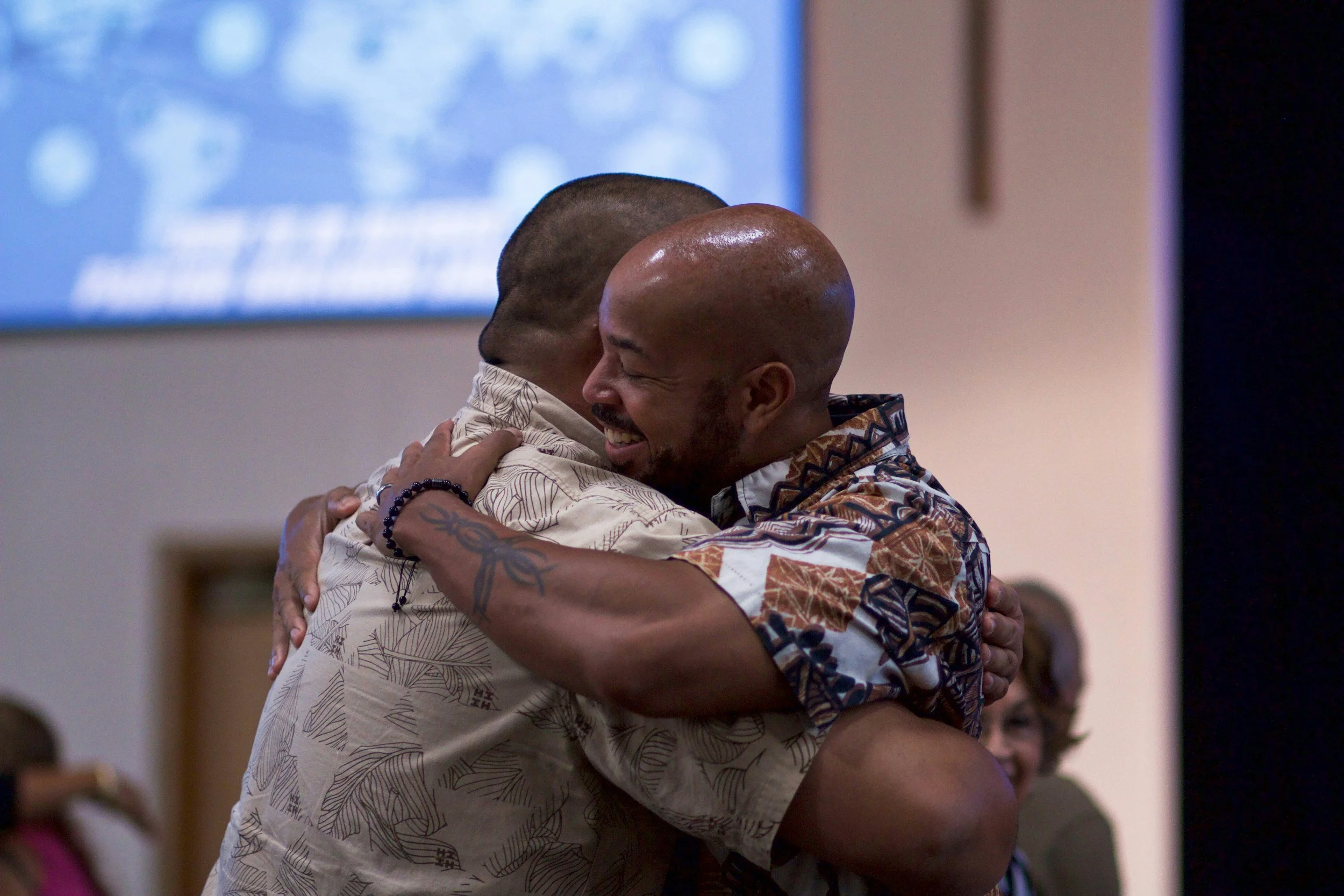Understanding Rejection Sensitivity: How to Cope When Criticism Feels Overwhelming
Have you ever felt crushed by even the smallest criticism? Do you avoid situations where you might face rejection because the fear is too painful? If so, you might be experiencing rejection sensitivity—a heightened emotional response to perceived or real rejection.
At Mind Trek Counseling, we help individuals navigate these intense emotional reactions and develop healthier coping strategies. In this blog, we’ll explore:
What rejection sensitivity is
How it affects relationships and self-esteem
Practical ways to manage it
What Is Rejection Sensitivity?
Rejection sensitivity (RS) is a psychological trait where a person is hyper-aware and overly reactive to perceived rejection—whether real or imagined. People with high rejection sensitivity often:
Overanalyze neutral comments, assuming negative intent
Fear disapproval even in low-stakes situations
Experience intense emotional pain from minor criticisms
Avoid social or professional opportunities to prevent rejection
While everyone feels hurt by rejection at times, those with rejection sensitivity experience it more deeply and struggle to recover quickly.
Where Does Rejection Sensitivity Come From?
Possible causes include:
Childhood experiences (e.g., inconsistent parenting, emotional neglect, bullying)
Trauma or past abandonment
Neurodivergence (ADHD and autism often correlate with higher RS)
Anxiety or depression (Negative self-talk reinforces fear of rejection)
How Rejection Sensitivity Affects Daily Life
Relationships – Fear of rejection may lead to people-pleasing, clinginess, or withdrawing entirely.
Work/School – Avoiding feedback, hesitating to share ideas, or fearing failure can hinder growth.
Self-Esteem – Constant self-doubt and over-apologizing reinforce feelings of inadequacy.
How to Manage Rejection Sensitivity
1. Recognize Your Emotional Triggers
Keep a journal to track situations that trigger rejection fears.
Ask yourself: "Is this rejection real, or is my mind magnifying it?"
2. Challenge Cognitive Distortions
Black-and-white thinking: "If I’m not perfect, I’m a failure."
Mind-reading: "They must hate me because they didn’t reply right away."
Catastrophizing: "If I get rejected here, my whole life is ruined."
Practice reframing thoughts with evidence: "They were busy, not ignoring me."
3. Build Emotional Resilience
Self-compassion: Treat yourself as kindly as you would a friend.
Exposure therapy: Gradually face small rejections (e.g., sharing an unpopular opinion) to desensitize the fear.
Mindfulness: Ground yourself in the present instead of spiraling into "what-ifs."
4. Improve Communication Skills
Instead of assuming the worst, ask for clarification: "I felt a bit unsure about your tone—did you mean it that way?"
Practice assertive (not aggressive) expression of needs.
5. Seek Professional Support
Therapy can help unpack the roots of rejection sensitivity and develop coping tools. Approaches like:
Cognitive Behavioral Therapy (CBT) – Identifies and reshapes negative thought patterns.
Dialectical Behavior Therapy (DBT) – Teaches emotional regulation skills.
You Are Not Defined by Rejection
Rejection sensitivity can feel isolating, but it doesn’t have to control your life. With self-awareness, practice, and support, you can learn to handle criticism without it derailing your confidence.
Struggling with overwhelming fear of rejection? Mind Trek Counseling offers personalized therapy to help you build resilience and self-assurance. Reach out today to start your journey toward emotional freedom.
Book an Appointment
Child, Adult, and Family Counseling at Mind Trek Counseling in or near Cleveland, Cleveland Heights, Columbus, and Cincinnati OH
Call us at (216) 200-6135
Email us at info@mindtrekcounseling.com
Available Monday to Sunday!

